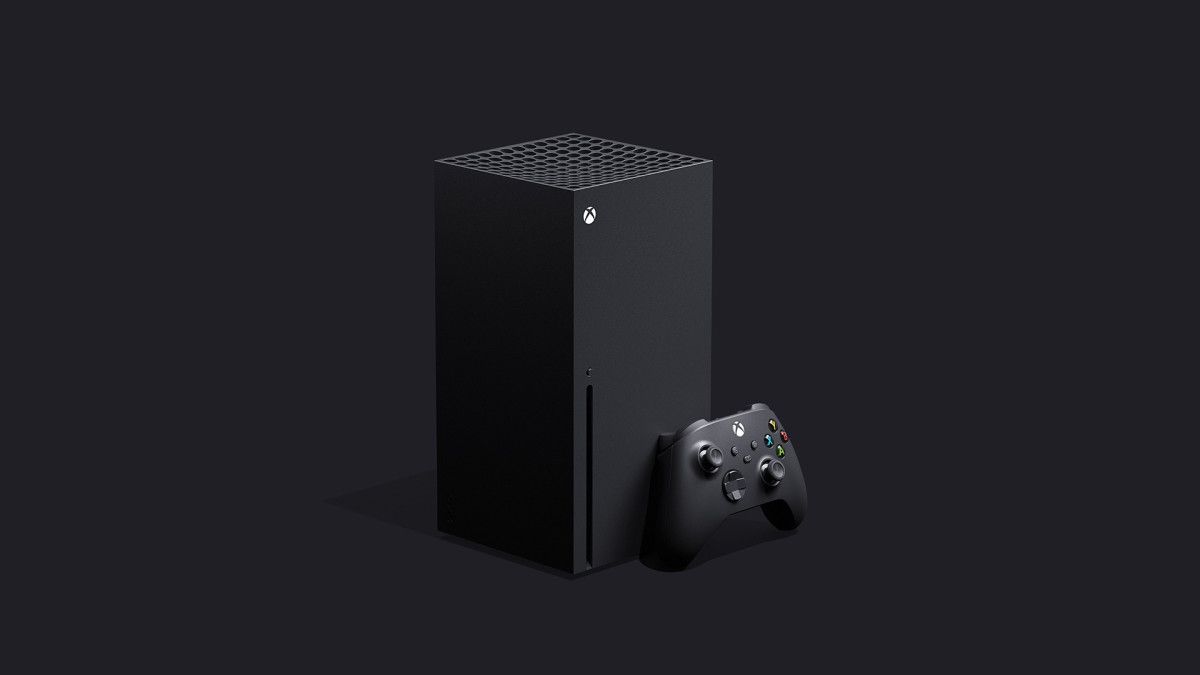I didn't say Sony couldn't "go to the metal", I just said Microsoft, as an enterprise, has more experience in file management. Which they absolutely do. Of the two companies, Microsoft is the one more likely to make dramatic improvements on the software side of file management because that is literally the bread-and-butter of the company. I don't feel this is an unreasonable conclusion.
As for Sony's "unprecedented i/o throughput" creating that kind of load, that's simply not the case. The notion that Sony have entered some level of data transfer that we've never seen, or that it requires entirely new solutions that only Sony have created, all just to handle their SSD, just doesn't hold much water. For example, Sony's SSD is only considered bleeding edge within the consumer space. Once you enter the enterprise grade-hardware arena, the transfer load necessary for data-analytic-level I/O processes is quite insane, but that's because we're talking about data-centre volumes of processing. That stuff is Microsoft's wheelhouse - literally their only real competitor is Amazon, and they use mostly Microsoft-certified protocols anyway. The 5.5gb/s of the PS5's SSD is a drop in the bucket in comparison, and Windows Server can handle that I/O load already - and in that space, only Linux can really claim to have a viable alternative. That's how well they know this stuff.
To get a little more specific: the reason your consumer-level PC sees a speed improvement when you plug in an SSD vs a HDD is because Microsoft's protocols allow your OS to take advantage of it. Sony didn't invent miracles - software or hardware - they just made hardware decisions that prioritised this one facet of their console, and they've got some terrific results. It's cool stuff - but it's not "unprecedented" by any stretch of the imagination, and nothing Microsoft's engineers haven't already solved.
Sony have also said it's expandable using other drives when they become available in 2021 - so clearly their speeds are not unique at the consumer-grade, though they may be first to market. Clearly, these drives are intended to work in consumer-PCs, which means Microsoft's protocols can handle them.
As a final point: do I think Microsoft's software approach equals Sony's hardware approach in terms of pure, raw transfer speeds? No, I don't - Cerny's respected for a reason, and I think he absolutely did his homework. But I do think the difference between the two is smaller than on paper, because no one knows bits and bytes quite as well as Microsoft. Happy to be wrong - and I guess we'll see.





